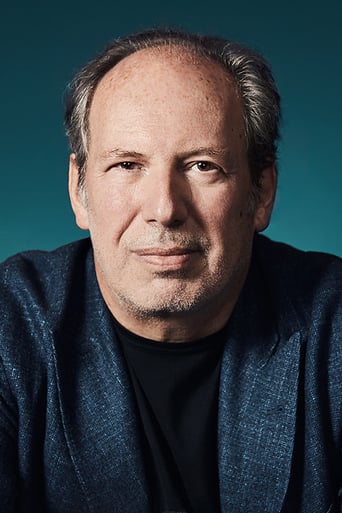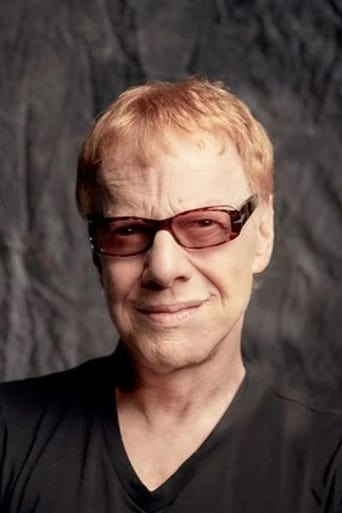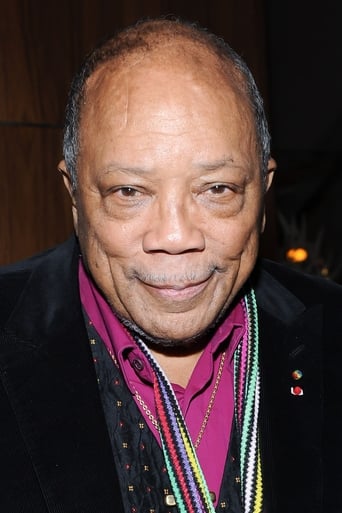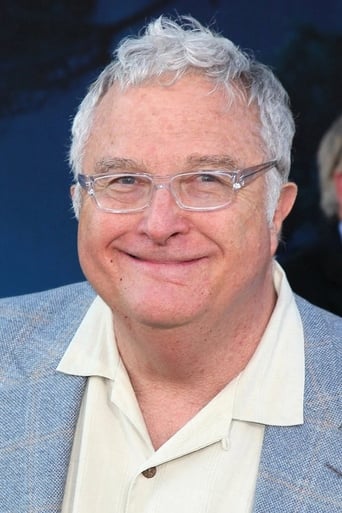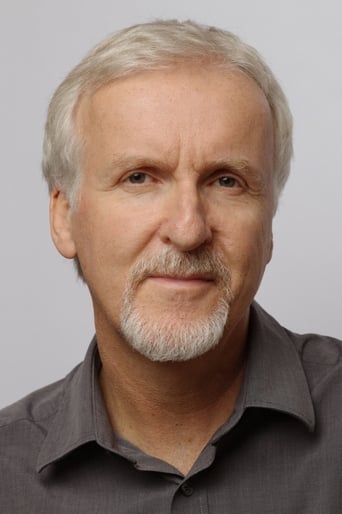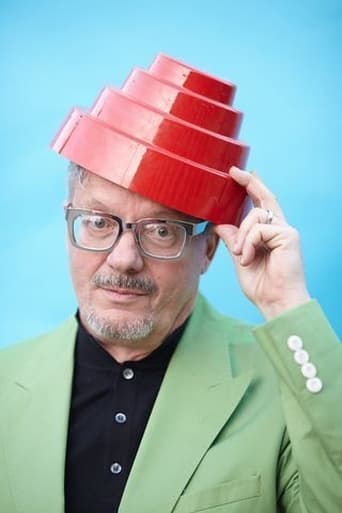spgreen-36239
I enjoyed the background and interviews, but wanted more. I can't believe John Carpenter was not included. I am not sure if he is being slighted by Hollywood for doing his own thing, but he deserved to be included. Another slight was the recently deceased Johann Johannsson. Johann was one of the most innovative modern film composers and will be deeply missed. I also wished they would have revisited the guy with the Piano in the valley to see what he did with that unique set up.
Matt Greene
I'm such a sucker for filmmaking docs, and this is a good one. Covering the entire history of composers scoring films, it's surprisingly comprehensive for how giant the topic is. Still, its scant 94 minute runtime did make me wish there was a "The Story of Film: An Odyssey" mini-series version of it. This will do for now.
tdcpresents
I had the opportunity to see this in theaters, and loved every second of it. As a fan of film music, I went into the documentary expecting a kind of "fly on the wall" approach as the viewer learned about the writing processes of the featured composers. While we did get a bit of that, there was also a nice focus on the past -- a retrospective look at the history of film music throughout the first half.The interviews are split in such a way where there's a little something for everyone. Film critics, historians, and film composers all have interesting tidbits to share. When we're not seeing an interview, we're watching the creative and recording process of various film scores. I'd recommend this documentary to anyone interested in music, film, and any combination thereof. If you don't know anything about film music other than "Hey, John Williams is pretty good!" this is a great way to learn about the incredible amount of work that goes into crafting a good film score.
David Ferguson
Greetings again from the darkness. Some people remember movies by recalling the story … others by picturing the actors … still others by crediting the writer and director. Surprisingly, it's the film's music that we subconsciously carry with us. Even years later a theme song can trigger an emotional tie to our favorite movies. The magic of movies and their scores are so inter-connected that you often can't think of one without the other: Jaws, Star Wars, The Magnificent Seven, The Good, The Bad, and The Ugly, Psycho, Gone with the Wind, James Bond, Batman, Titanic, Chariots of Fire, and Jurassic Park (to name a few). Chances are, just reading that list caused you to hear the themes!Director Matt Schrader, in his directorial debut, takes us back to the beginning by explaining that silent films were never really silent. There was invariably live or recorded musical accompaniment to help muffle the sound of the projector. But it was Max Steiner's score for King Kong in 1933 that really changed the game. His music transformed that film from a schlocky special effects B-movie into a tense, thrilling cinematic experience.This is so much more than a history of important and beautifully written scores. Director Schrader interviews most of the well-known film composers working today. He gains insight into their writing process, commentary on the ground-breakers who came before them, and uncovers how technology, new instruments, new styles, and a different approach are always in the works.Some of those interviewed include Rachel Portman (the only female composer included here), Randy Newman, Danny Elfman, Atticus Ross and Trent Reznor, and Thomas Newman (son of Alfred). There is also a well-deserved segment reserved entirely for the great John Williams, and we get reminded of the revolutionary composers like Jerry Goldsmith (Planet of the Apes, Chinatown) and Bernard Hermann (Psycho), as well as Henry Mancini (The Pink Panther), Monty Norman (James Bond), and Ennio Morricone (classic westerns). A quick segment that proves quite entertaining focuses on Mark Mothersbaugh (formerly of Devo) telling the story of how he used a toy piano for the score of Rugrats, but regrettably no longer has possession of the little piano anymore.Oscar winning composer Hans Zimmer is a recurring voice throughout and provides some structure to the numerous interviews and segments. It's quite humorous to see this highly accomplished, world-renowned composer in his early days as a keyboardist for The Buggles' "Video Killed the Radio Star" (the first video played on MTV). More importantly, Mr. Zimmer discusses the insecurities and pressures that go along with the job, and how change (such as his aggressive sounds) isn't always welcomed openly.The technical aspects of creating the score are certainly not ignored. We get a glimpse inside Abbey Road Studios, and how thrilling it is for a composer to hear the live orchestra bring his or her music to life that first time. It also serves as a reminder that film composing employs a significant number of the live orchestral musicians working today, and that we all hope technology doesn't replace that imperfect beauty of the real thing.Adding a scientific perspective was a nice touch. Learning that our brains respond to movie music in a similar manner to chocolate and sex made a great deal of sense, as I've often wondered if film scores are more manipulative or complementary in nature. If there is a disappointment in the film, it's that the recently deceased James Horner seems woefully short-changed, with only a brief post-credits segment featuring director James Cameron who, as usual, spends the time talking more about himself than the impact of Horner. This documentary is a must for movie lovers and music lovers, and on a personal note, made me miss my friend Adam very much. He would have certainly enjoyed this one and had a great deal to say about it.



